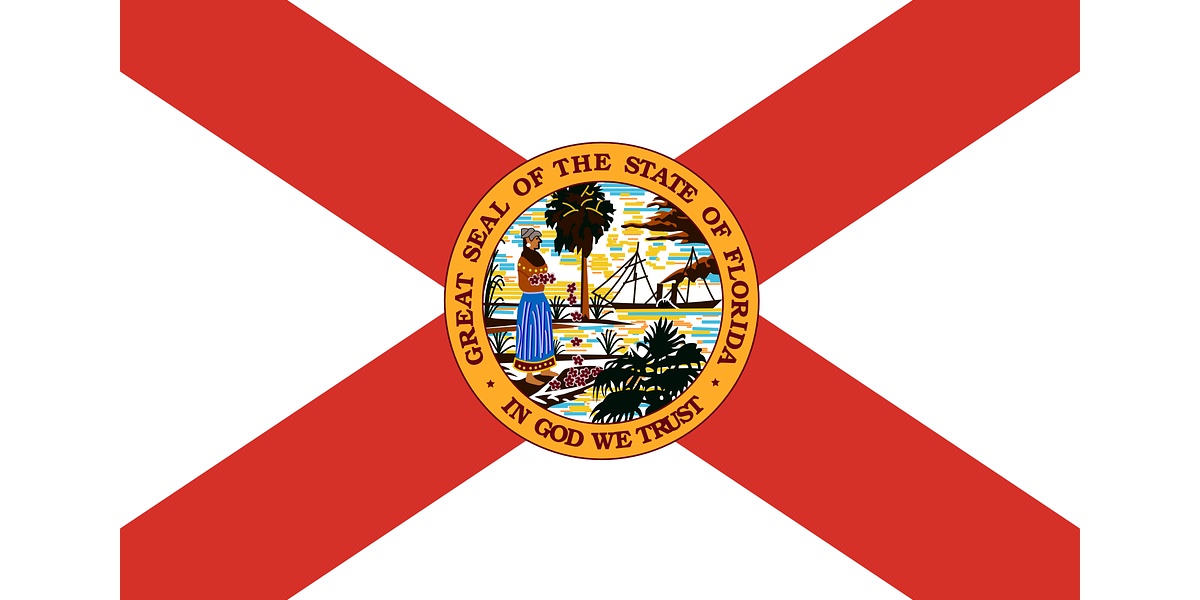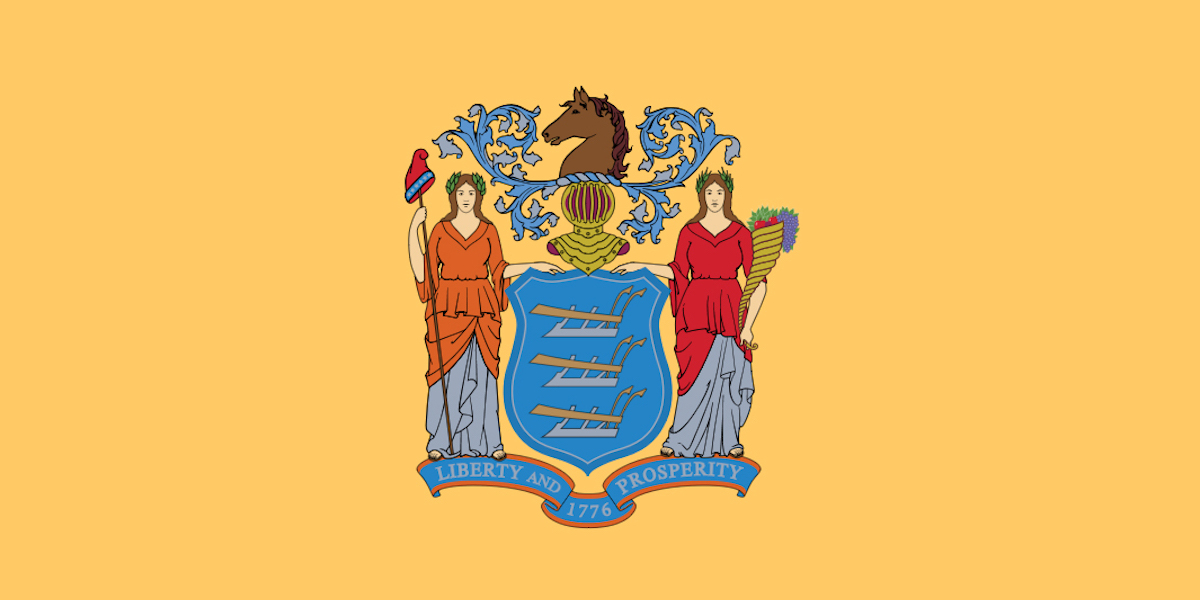Key actions and positions posted on the intersection of disability and education, jobs, immigration, climate crisis, criminal justice and more
by Adam Fishbein
Saint Paul, MN, Oct. 5 – In the run up to the 2020 election in Minnesota, the nonpartisan disability rights nonprofit RespectAbility has released its latest Minnesota State Voter Guide. According to the 2019 Annual Disability Statistics Compendium, the total number of Minnesotans with disabilities is 608,744, making up 11 percent of the total state population.
2018 employment data show that there are 296,481 working-age people with disabilities in Minnesota. In the economic expansion prior to the COVID-19 pandemic, 145,820 (or 49.2 percent) of those Minnesotans had jobs.
The nonpartisan disability group RespectAbility has asked Democratic and Republican candidates for President, Governor and the U.S. Senate the same seven key questions about issues affecting people with disabilities, including employment, education, criminal justice and accessibility. RespectAbility has sent multiple emails and placed many phone calls to the campaigns in order to solicit responses to the questionnaire. Below you can read responses from candidates on the ballot in Minnesota who have already taken the time to address the concerns of voters with disabilities.



















